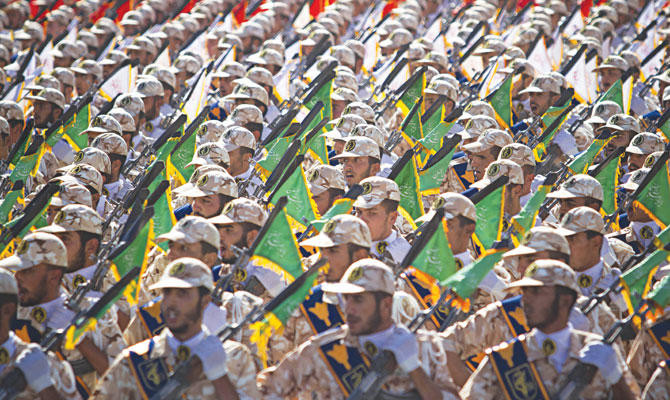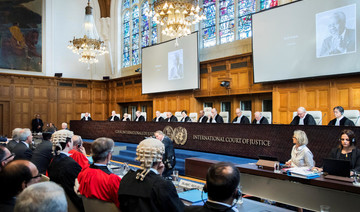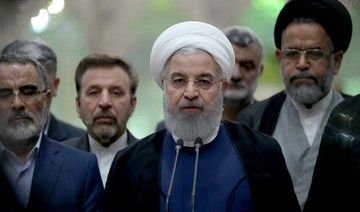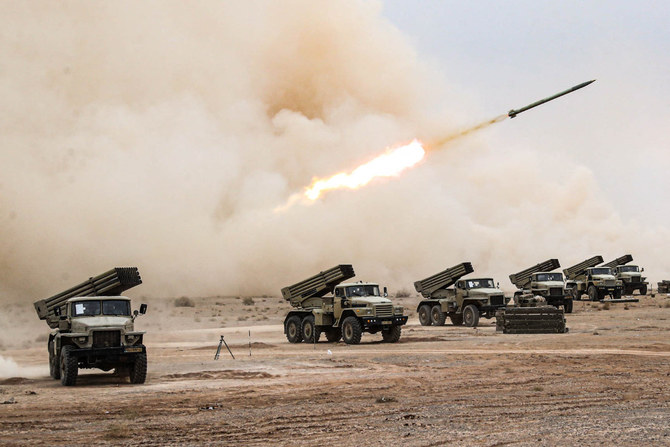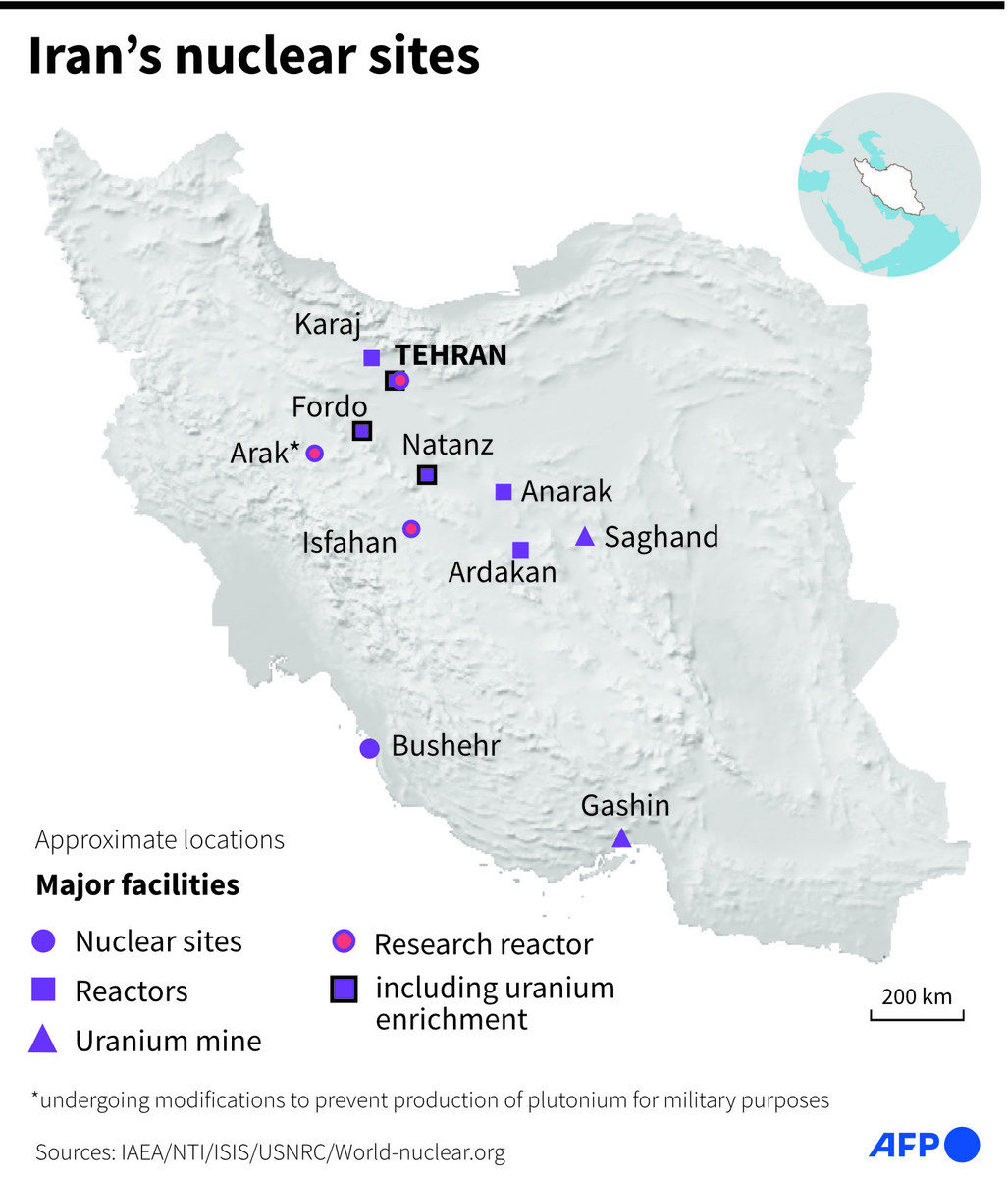DUBAI: With Gulf states expressing growing concern over the nuclear deal with Iran, experts say more needs to be done to curb the country’s funding of terror.
Many regional countries say the deal, otherwise known as the Joint Comprehensive Plan of Action (JCPOA), failed to set guidelines and restrictions on Iran’s use of cash injections that ultimately ended up in the hands of terrorists. Earlier this year, the US government traced some of the $1.7 billion released to Iran by the Obama administration back to terrorists, specifically Hezbollah in Lebanon and Houthi rebels in Yemen. Ali Khedery, a senior political adviser and the longest continually serving US official in Iraq, said the Obama administration’s attempt to address Iran’s nuclear weapons program through the JCPOA was doomed to fail.
“That approach is fundamentally flawed because it addresses only one aspect of Iran’s malign and belligerent conduct,” he said.
“Washington, under all administrations since 1979, should have taken a more holistic and strategic view toward the problem of Iran’s policies,” Khedery said.
“The JCPOA was destined to fail in curtailing Iran’s global and regional terrorist activities because it didn’t address any of them, only the nuclear program, and it addressed it in a short-sighted and insufficient way because Iranians were able to negotiate sunset clauses, which meant a lot of them expired after a few years. 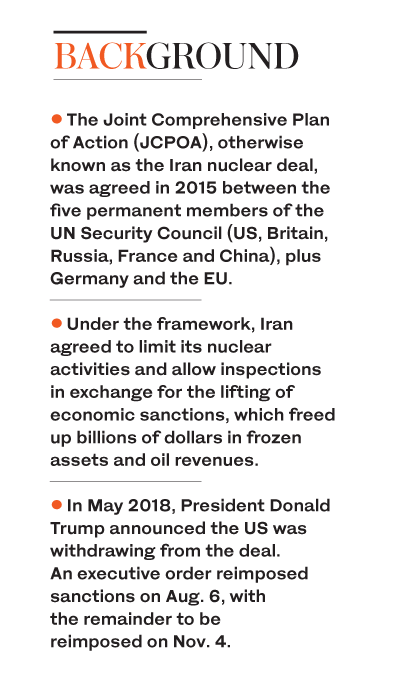
“Sanctions are just a tool, they’re not a strategy. What is needed is a strategy that recognizes the scope of the problem, which is that Iran practices domestic terrorism against its own citizens, and international terrorism by supporting Al-Qaeda in Afghanistan, coordinating with different militias in Iraq, across the Gulf and Lebanon, and is engaged in all sorts of criminal and terrorist activities in every continent except Antarctica.” Once the problem is diagnosed, an overall strategy would have to be designed to mitigate that conduct, whether through military means, diplomacy or economic sanctions, Khedery said. Should Iran still not improve its behavior, each measure should be dialed up until its conduct changes. “I’ve been urging this policy for 15 years. The price is relatively low and the benefits quite high,” Khedery said. “It’s just a matter of political will in Washington and among our allies. Unfortunately, there wasn’t political will until President Donald Trump came to power.” Support is needed from Congress, the media, allied governments and legislatures, Khedery said. Europeans “have been victims due to the refugee influx from Syria and Iraq, which destabilized the EU,” he said. “So Europe more than anybody should be wanting Iran to behave more like a normal country and less like a terrorist state.” Miles Pomper, senior fellow at the James Martin Center for Nonproliferation Studies in Washington, said sanctions that broadly affect the economy, or that interfere with transfers to terrorist groups, would be needed. “Given the amounts of money involved are believed to be relatively small, it’s not clear if anything will work,” he said. “Of particular importance is restricting Iran’s role in Syria, given the potential for Iranian-Israeli confrontation there,” Pomper said.
Khedery said Iran “sees itself as exempt from international law governing human rights and terrorism, including the activities of its Islamic Revolutionary Guard Corps and, more recently, its nuclear weapons program.”




